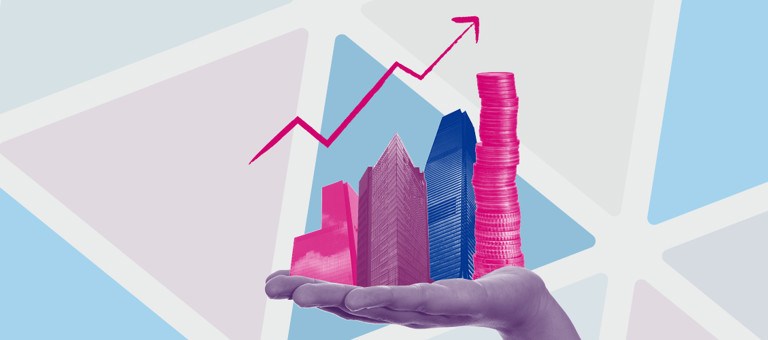Traditional economics assumes the world has unlimited resources, but we live on a planet with fixed boundaries. There’s a growing awareness – undoubtedly accelerated by the climate crisis – of the negative externalities associated with economic activity, including waste, pollution, low wages, and unemployment.
This discussion is part of our series on the Economics of Kindness. Find out how we're changing the way that business sees kindness in the workplace.
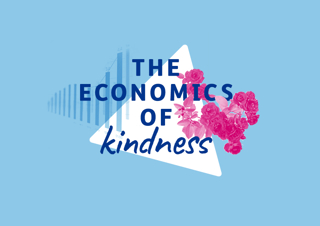
Stakeholders are becoming more vocal. Customers, investors, regulators and suppliers are demanding companies are accountable in managing a broad range of social and environmental risks and are transparent about how they do so. There’s a growing understanding that sustainable businesses can acquire and retain talent better, run at better margins, reduce risk, and realise opportunity while having less of an impact on the environment.
This increased focus on ESG (Environmental, Social and Governance) has given many organisations the push they needed to recognise the business benefits and improve the way they operate. It’s also given investors a framework to determine what constitutes responsible business practice.
At Baringa, we embrace a more holistic conversation about sustainability – one that goes beyond the three pillars of ESG and towards triple-bottom-line measurement, giving equal consideration to economic, social and environmental outcomes. It ensures we look after people and the planet, without losing sight of profit. True corporate kindness.
And this approach makes good business sense, helping companies become more resilient to changing market conditions. A sustainability focus also contributes monetarily by reducing risk, improving access to finance, markets and talent, aligning to global growth trends, and generating long-term enterprise value.
As the economist Alex Edmans argues, “we want great companies, not just companies that are great at ESG”. Indeed, he recently commented on one of our podcasts that “many people view sustainability as ‘do no harm’, but the key bit of sustainability is actively creating value even if there is no external pressure to do so. Vodafone’s MPesa didn’t improve ESG metrics but created additional value for wider society.” Companies are learning that being kind improves an organisation’s ability to compete both today and in future economic cycles.
"At Baringa, we embrace a more holistic conversation about sustainability – one that goes beyond the three pillars of ESG and towards triple-bottom-line measurement, giving equal consideration to economic, social and environmental outcomes."
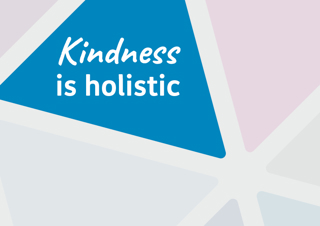
Kind leaders are forward-thinking
We’re seeing this cultural change happening with some of Baringa’s own clients, driven by a new leadership style that’s more balanced and thoughtful in terms of EQ, IQ and purpose. For example, Lloyds Banking Group has made great progress thanks to CEO Charlie Nunn’s guidance.
Institutions like these are driving change in the world by making lending decisions based not only on financial returns, but on the credibility of organisations’ climate transition plans and approach to sustainability.
We’re also helping leaders to consider social impacts like human rights throughout the organisation. We’ve found supporting clients to enhance their social sustainability can reduce the cost of capital, improve stakeholder satisfaction, ensure regulatory compliance, and drive innovation. For example, our Baringa Social Impact Framework identifies key social indicators for leaders to make informed decisions, and a roadmap to augment social impact and mitigate social risk.
This style of leadership embeds a culture where staff feel motivated, purpose-driven and trusted. This leads to better productivity, performance and ultimately profit, which can be invested in impactful ways.
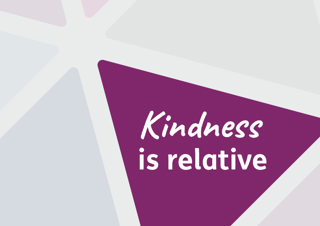
Kindness must be made relevant
The recent increase in ESG frameworks, responsible investment mandates and taxonomies are undoubtedly a step in the right direction, but they’re inflexible in nature and driven by one view of the world. At best, this can become irrelevant. At worst, it can lead to greenwashing and poor or unintended social and environmental outcomes.
Values are not homogenous, and regional nuances should be considered carefully if we’re going to drive genuine global change and avoid green colonialism. The kindest approach, therefore, is for businesses to be authentically purposeful in driving and incentivising an approach above and beyond these frameworks.
This may require investment in the short term but, if you act with integrity, understand the communities and environment impacted by your value chain, and recognise contextual differences rather than imposing a one-size-fits-all solution, you’ll support genuine, relevant improvements.
In the first episode of Baringa’s Climate and Sustainability Trailblazers podcast, we explored this precarious balance for businesses to navigate. Rishi Madlani – UK sustainability lead at Investec – speaks about the concept of ‘good’ jobs. Organisations report on creating ‘X number of jobs’, but how many of those are zero-hour contracts? Are those ‘good’ jobs? Do they help families sustain themselves, or are they exploitative?
"Values are not homogenous, and regional nuances should be considered carefully if we’re going to drive genuine global change and avoid green colonialism."
Kindness creates value for all
We think the answer is a blended model where making a profit and doing the right thing are not considered mutually exclusive, and where companies are rewarded rather than chastised for delivering value for both community and company. As Edmans writes in his book, ‘Growing the Pie’, simultaneous benefit is realistic, achievable and supported by evidence of value-creation.
Projects blending social and economic impact objectives and metrics are a tangible example of this. I was lucky enough to be involved in the M-Pesa project, delivered by a cross-industry partnership of NGOs, Vodafone and Barclays Bank. Launched in 2007 as Africa’s first mobile payments service, M-Pesa enabled people to transfer money electronically using older mobile phones.
With a focus on supporting female farmers – who could use their earnings to buy supplies for farming, or to switch from agriculture to other businesses – access to M-Pesa lifted nearly 200,000 households out of poverty by 2014. Today, it’s used by 51 million customers across seven countries every month.
Unilever is another good example. They learned that every 23 seconds a child dies from pneumonia or diarrhoea – and that handwashing with soap is one of the best ways to prevent the spread. Through its Lifebuoy soap brand, Unilever ran a campaign that aimed to improve the handwashing behaviours of more than one billion people – passing that milestone a year ahead of schedule.
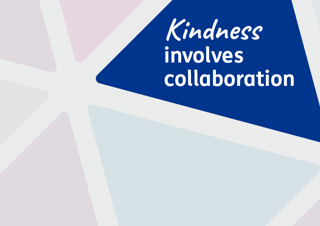
The future potential of corporate kindness
Being kind also means organisations working together to solve problems in new ways and generating impact that’s bigger than themselves. That’s what the M-Pesa project did so well, and that’s what we see clients doing more of – finding ways to operate better and forming cross-sector partnerships to optimise processes.
We’re currently working with financial services companies to help their customers become more energy efficient. By bringing together air source heat pump providers and companies training engineers to fit them – alongside retrofitters, surveyors, banks, and organisations providing capital – we’re helping homeowners understand how to improve their EPC rating and ultimately get a better deal on their mortgage.
We’re making new connections and thinking differently to solve a problem and to make money. And it all starts with kindness: putting the customer at the heart of your thinking, supporting them with optimal outcomes, and minimising your negative externalities.
A kind approach has already paid dividends for Baringa. We put people first. We’re honest and tackle the tough decisions head-on with our own people and with our clients. It’s an approach that creates lasting impact and we’ve made great efforts to become and remain B Corp certified – meeting and holding ourselves accountable to high standards of social and environmental performance and transparency. We’re growing financially and attracting the best talent in the market.
"Being kind also means organisations working together to solve problems in new ways and generating impact that’s bigger than themselves."
About the author
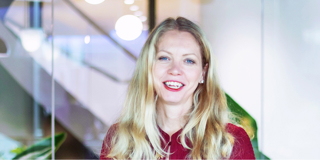
Emily Farrimond
Emily Farrimond is a partner at Baringa and expert in sustainability. She works with financial services organisations to rethink sustainability and social responsibility, helping some of the world’s largest banks, asset managers, private equity and insurance firms navigate the complex eco-system of often competing stakeholder demands.
Learn moreRelated Insights
Trending content in this series
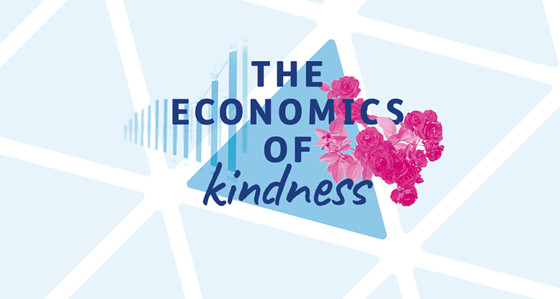
Introducing the Economics of Kindness
At Baringa we’re convinced that, no matter the macroeconomic backdrop, kindness in business really does pay. That’s why we’re taking this opportunity to explore the economics of kindness across four pillars: people, business, leadership and investors.
Read more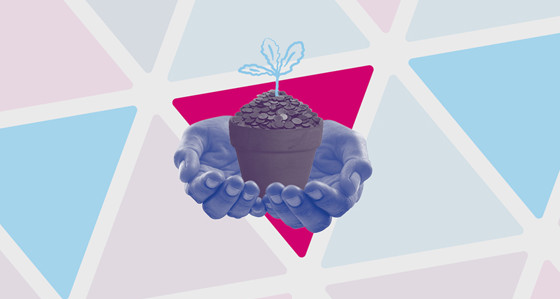
People – planet – profit, in that order
The notion of a ‘triple’ bottom line – people first, then planet, then profit – is reshaping how organisations around the world do business. They’re bringing corporate kindness to the fore as we enter a new type of economy, and the businesses that organise themselves in this way will be the ones that succeed.
Read more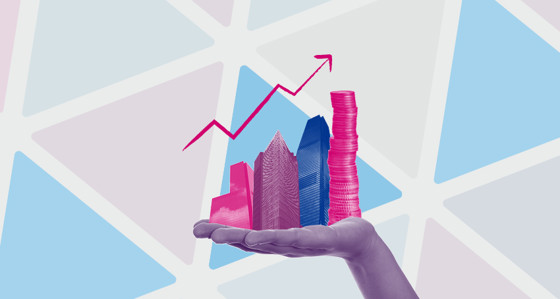
Redefining kindness in the workplace
Corporate kindness is all about the impact an organisation has on the world, engaging in responsible practices that benefit their customers, employees, and the communities they operate in.
Read more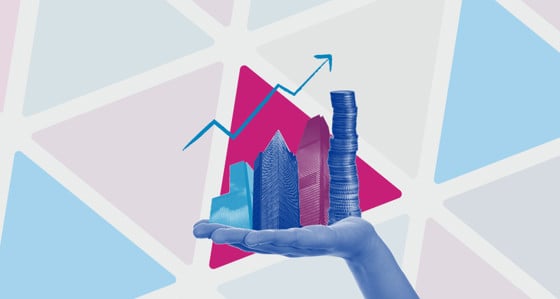
Bringing kindness back to the top of the leadership agenda
Should kindness be back at the top of the leadership agenda? Managing Partner Adrian Bettridge discusses how when we lead with kindness, we generate lasting success for ourselves, our clients and our businesses.
Read more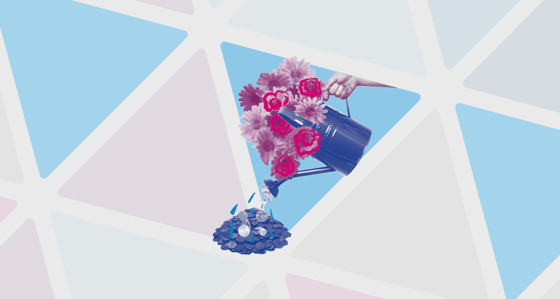
It’s not easy to be a kind leader
Can leaders be kind all of the time? What gets in the way? Ian Peters reflects on the challenges and trade-offs of trying to be kind to all stakeholders.
Read more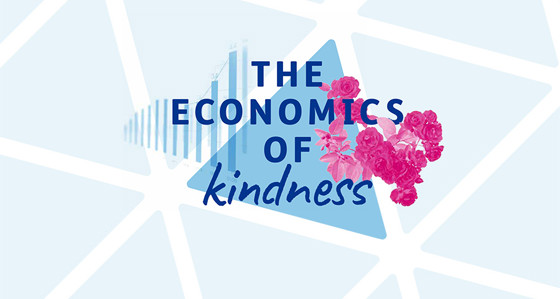
Our Economics of Kindness journey: the story so far
What have we learned about kindness in business and in our public organisations? Does it pay? And if so, how?
Read more